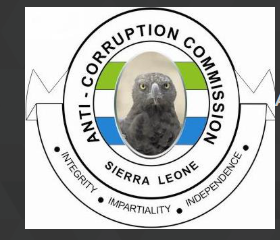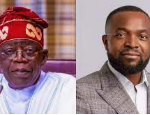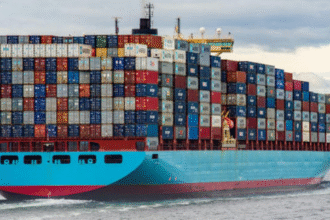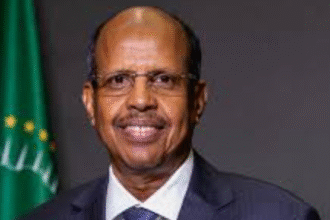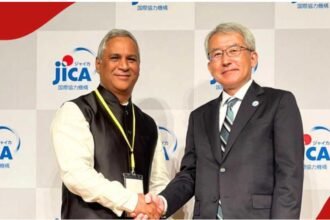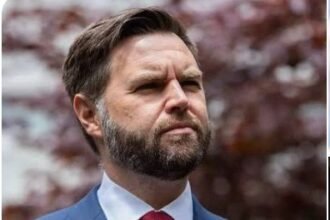FREETOWN, SIERRA LEONE – Sierra Leone’s governing Sierra Leone People’s Party (SLPP) is facing mounting criticism over its anti-corruption campaign, with accusations that it’s primarily targeting opposition members and failing to address corruption within its own ranks. While the SLPP government, led by President Julius Maada Bio, has touted its commitment to tackling endemic corruption as a key pillar of its agenda, the perceived one-sided nature of investigations and prosecutions is undermining public trust and raising questions about the true motives behind the efforts.
Since coming to power in 2018, the SLPP government has embarked on a series of high-profile investigations, leading to the arrest and trial of several prominent figures linked to the previous All People’s Congress (APC) administration. These investigations have focused on allegations ranging from misappropriation of public funds to abuse of power. While some have resulted in convictions, critics argue that the focus on the opposition has created a perception of a politically motivated witch hunt.
“While fighting corruption is crucial for Sierra Leone’s development, the current approach is deeply flawed,” argues political analyst, Samuel Kamara. “The focus on the APC strengthens the narrative that this is about settling scores rather than genuine efforts to establish a culture of accountability across the board.”

The APC has consistently maintained that the charges against its members are politically motivated and designed to weaken the party ahead of future elections. They accuse the SLPP of selective prosecution and claim that individuals aligned with the ruling party, even those implicated in potential wrongdoing, are being shielded from scrutiny.
“The fight against corruption should be impartial and transparent,” stated APC steward, Ibrahim Sorie. “Instead, we see a relentless pursuit of opposition figures while those within the SLPP remain untouched. This undermines the integrity of the process and erodes public confidence.”
Calls for a more balanced approach are growing. Civil society organizations are urging the government to broaden its investigations and demonstrate its commitment to tackling corruption regardless of political affiliation. They are also highlighting the need for stronger mechanisms to protect whistleblowers and ensure the independence of anti-corruption institutions.
“We need to see a genuine commitment to good governance, not just a selective application of the law,” said Abu Bakarr, a representative of the Transparency Initiative of Sierra Leone. “The government must demonstrably address allegations of corruption within its own ranks and ensure that all citizens are held accountable for their actions, regardless of their political connections.”
The perception of bias in the anti-corruption drive is not only impacting domestic politics but also raising concerns among international partners. Maintaining the support of donor countries and international institutions hinges on demonstrating genuine progress in good governance and accountability.
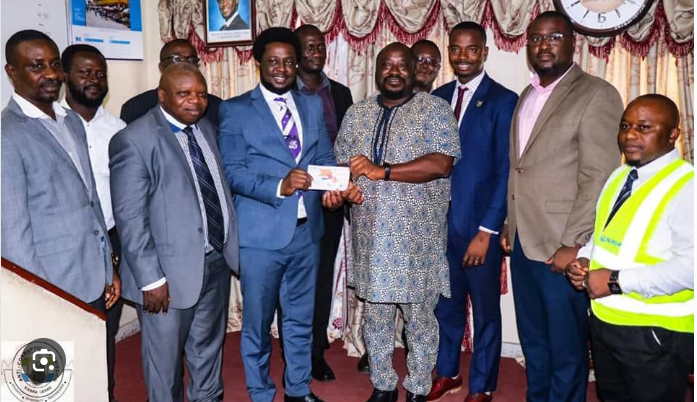
As Sierra Leone prepares for future elections, the credibility of its anti-corruption efforts will be critical. Unless the government takes concrete steps to address the concerns surrounding political bias, its efforts to combat corruption risk being seen as a tool for political persecution, ultimately hindering the country’s progress towards a more transparent and accountable society. The SLPP’s legacy will depend on its ability to prove that its commitment to fighting corruption extends beyond targeting its political rivals.


